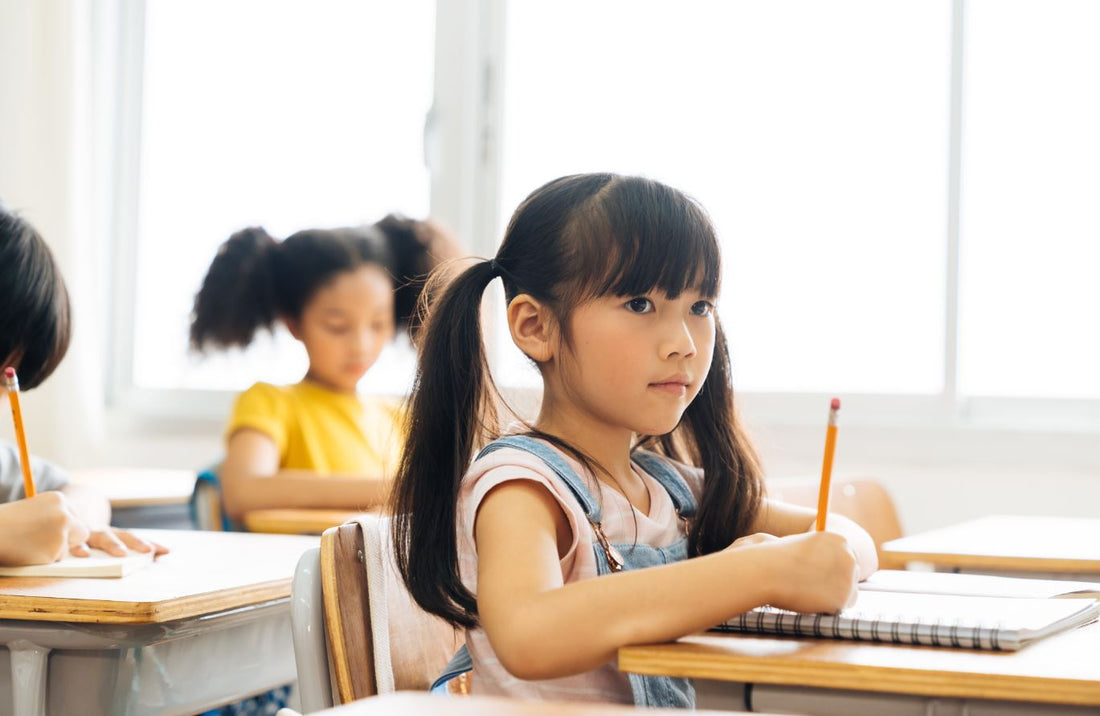Inequality Starts at Birth

Hey Parents!
Let's talk about inequality, and this has nothing to do with whether you are in a state of being rich or poor. At this moment, you might think a child from a poor family starts at a disadvantage, then you might be making a wrong assumption.
Of course, this is debatable when we go about arguing the differences of each country where parents lack of resources to send their children to school. At least in Singapore context, we have been provided with a safe land with full of opportunities for children to have better education quality so that even the poor family can benefit from it.
The inequality begins at home. It begins with how babies are fed, how they are nurtured and the parenting style. Everything matter's to a child's development from the very beginning, so everything will affect the level of development depending on what parents are able to offer.
Bad parenting – Physical abuse, emotional abuse and neglect of duties has serious impact leading to child's mental health problem. A bad childhood will then lead to serious consequences when they grow up.
Even in the best of intentions, parents can make mistakes. Putting your child's needs above yours all the time does not make you a good parent. Simply buying them the toys they desire in a toys store, or worried that they might be upset because you took away their mobile phone, could end up developing a spoiled child. There is no amount of schooling can completely correct for how parents interact with their child at home.
If parents feels that they should start teaching only after their child turn to 3 years old, then this is another big mistake. Starting at age 3 is too late, as some characteristics of the child had been formed.
While there are times, children need to listen and do exactly what the parent says, this action forces a child to blindly follow the orders. The consequence is that it is robbing them of the ability to think and to tell right from wrong. Parents should correct them in a form of soft-approach by explaining. Not just simply scold them or tell them “don't do this, if not I will punish you” There is a fear instill, but it does not mean your child understand clearly of the situation.
Some controlling parents are just anxious parents. They have the best interest at heart, however, this becomes inflexible, and their actions translate to being selfish. Children are more likely to suffer and may have anxiety when they did not meet their parent's expectations. .
Everything a parent does has a cause and effect that can influence a child's growth. Parenting style (authoritarian, authoritative and permissive) has to be exercised cautiously and wisely. Each style has different benefits. There must a striking balance to have the best success of raising their children.


